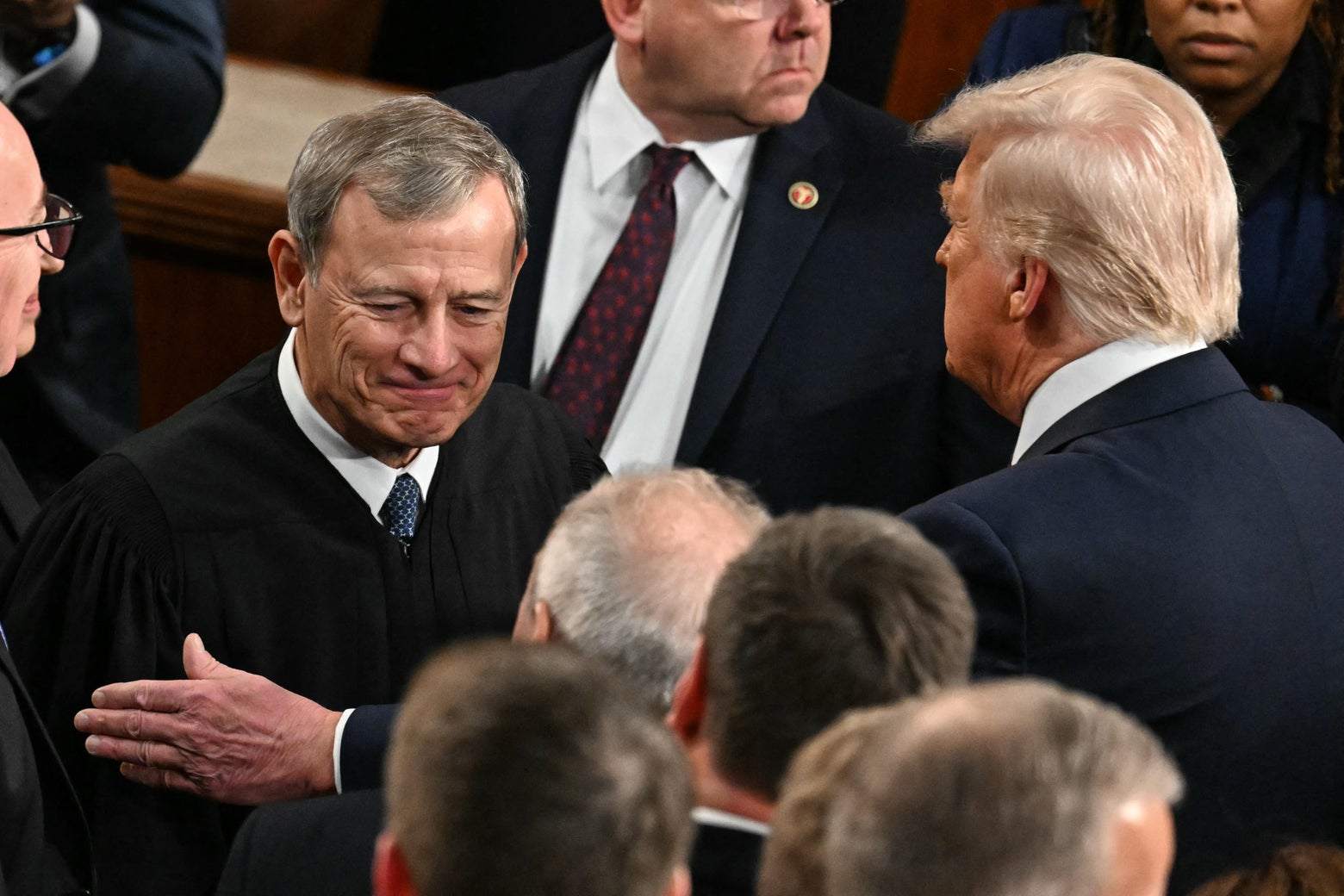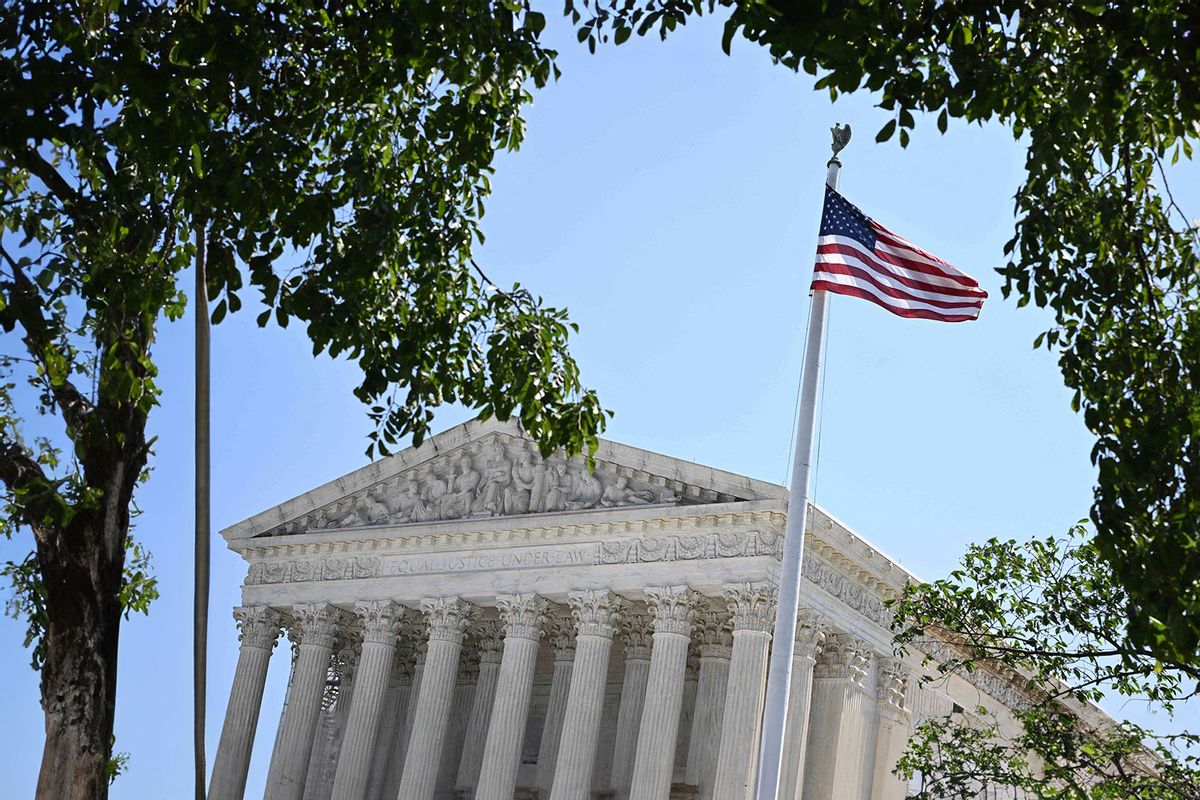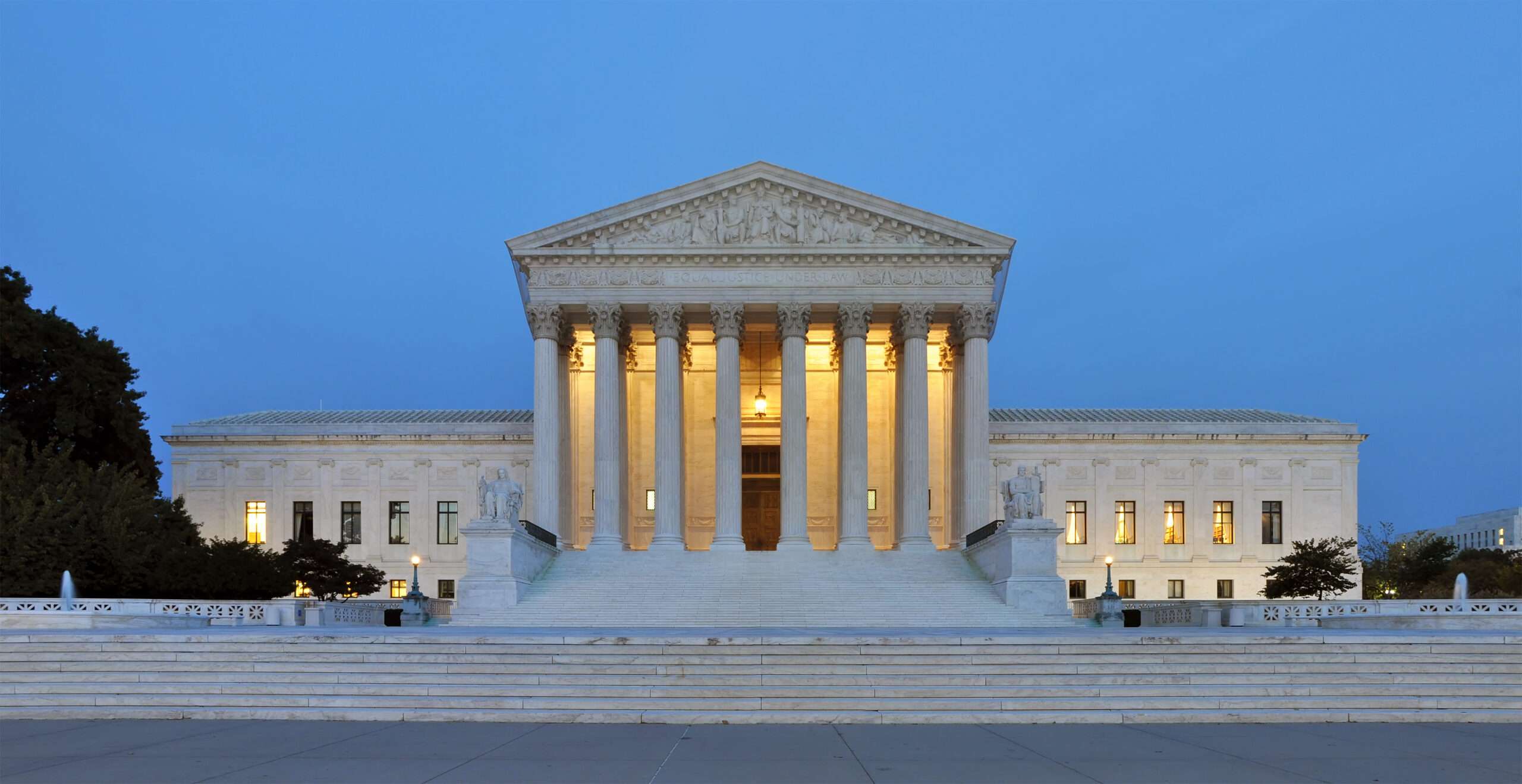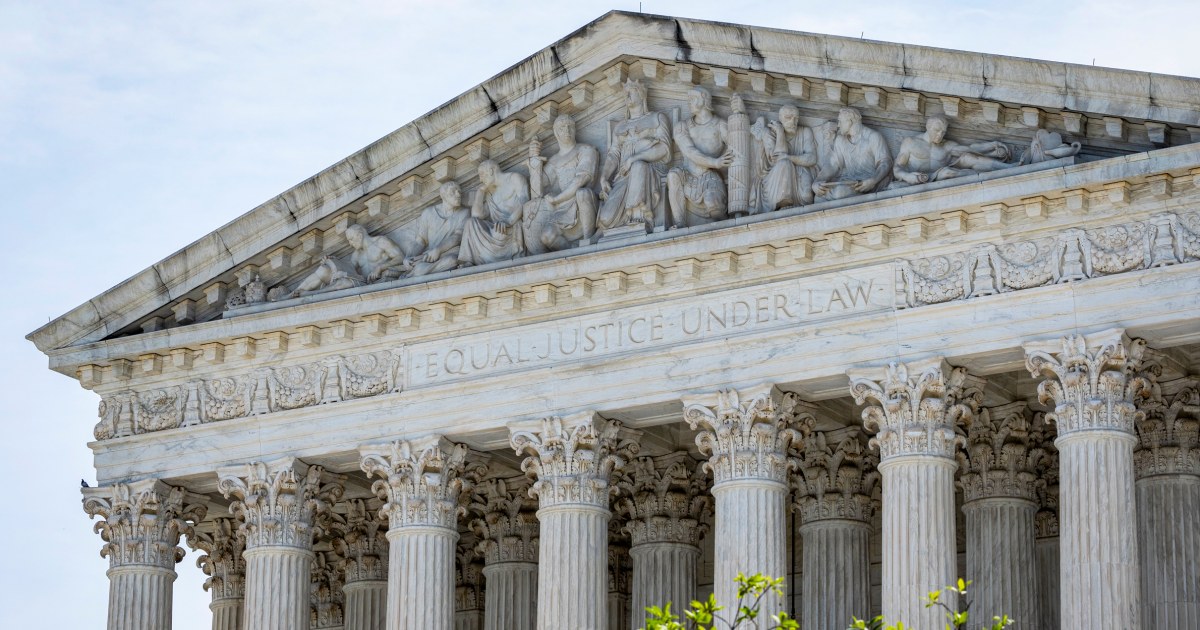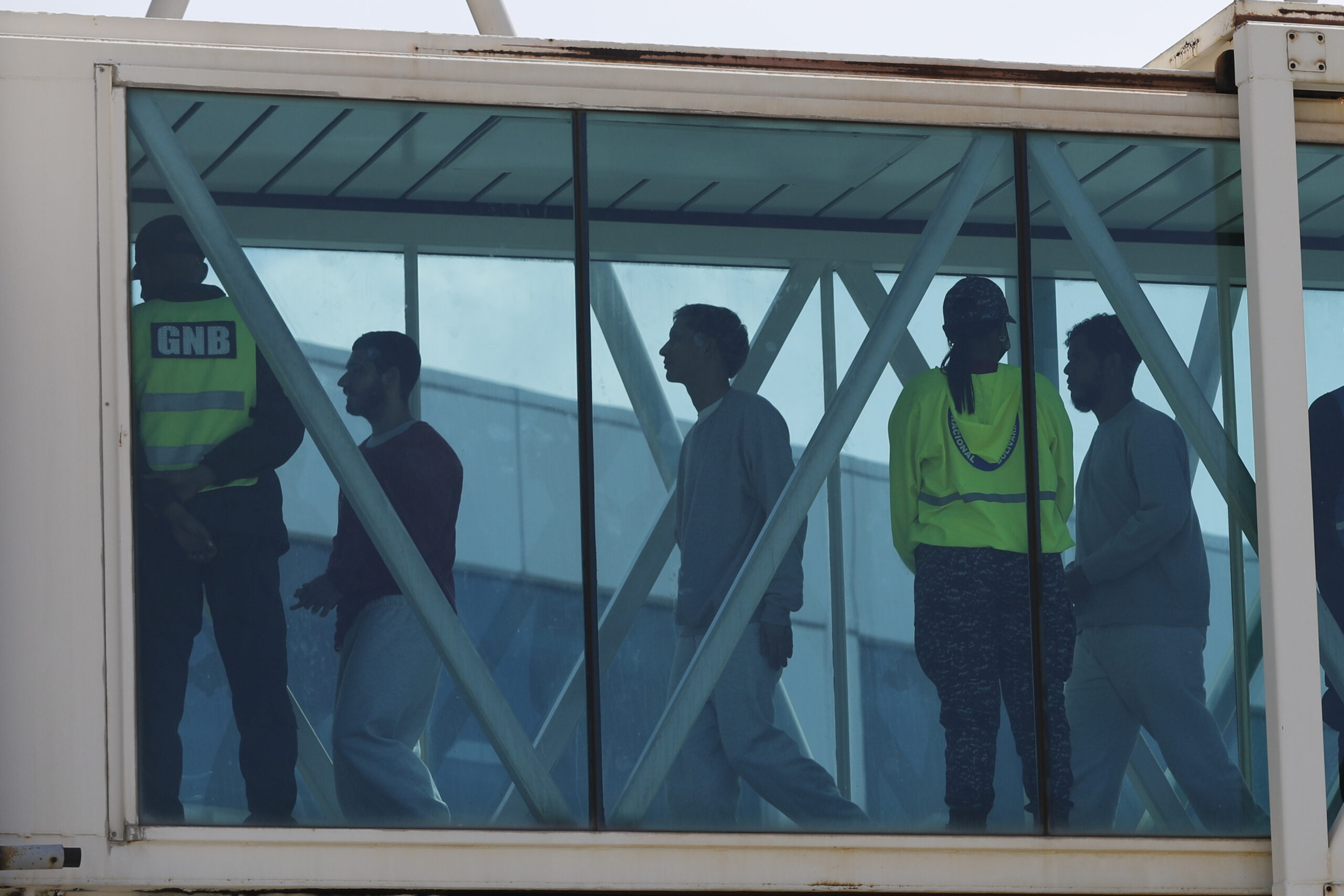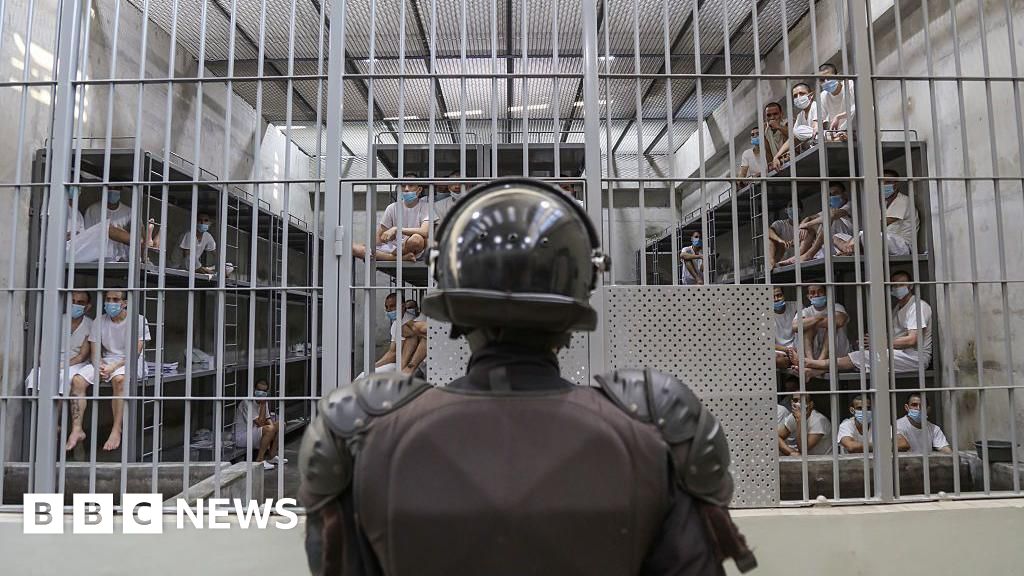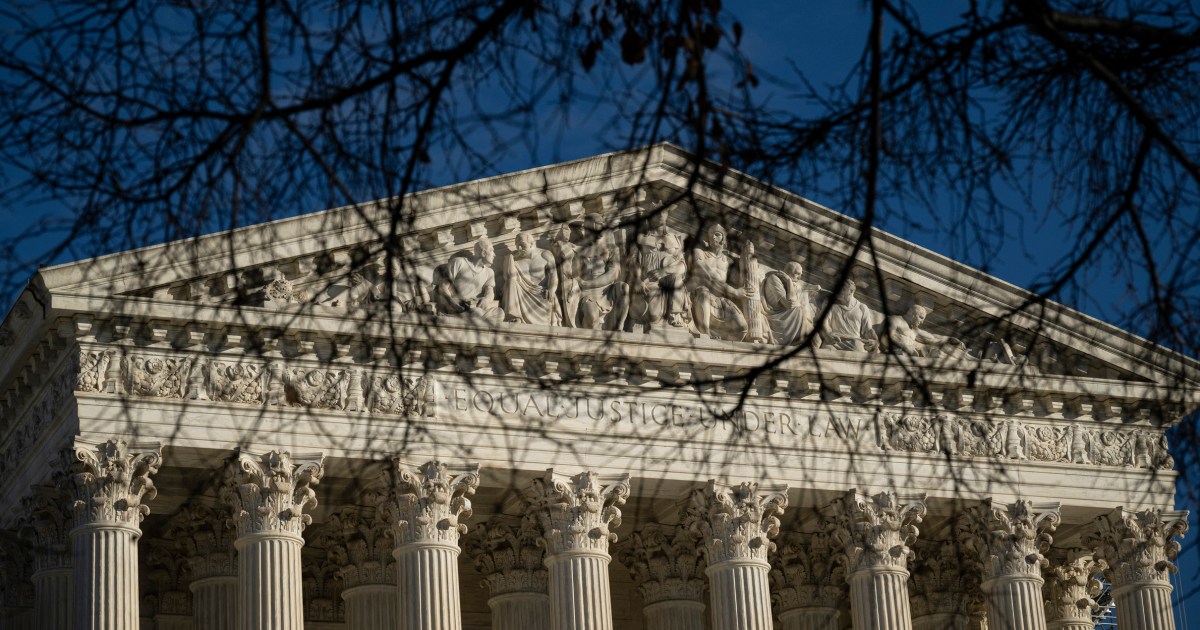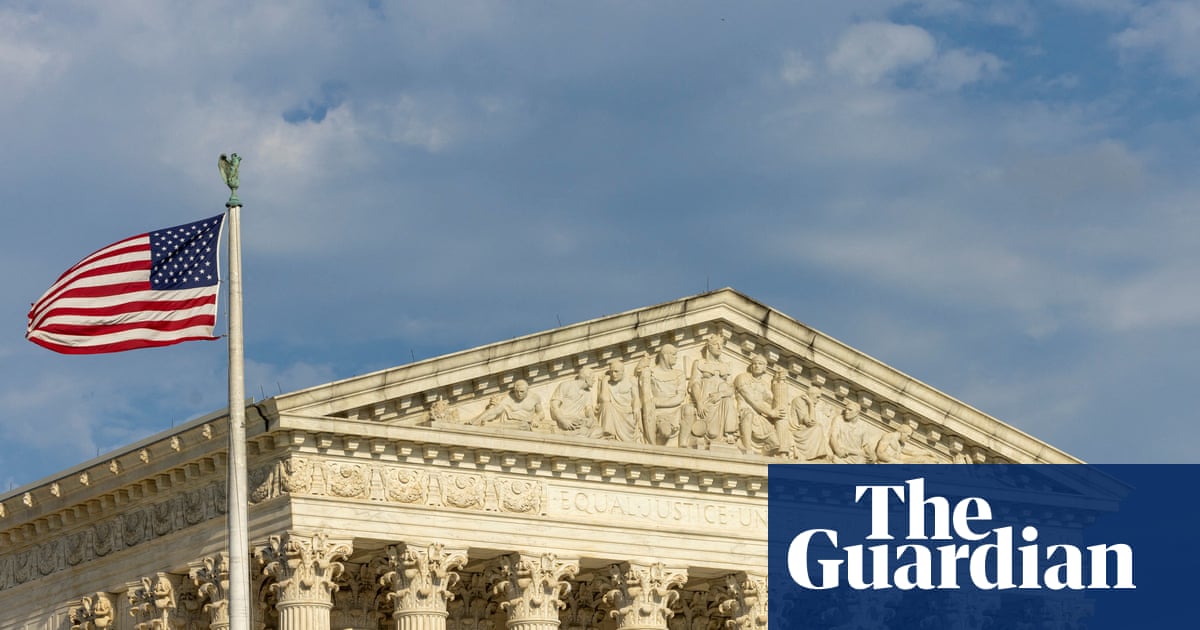Supreme Court Temporarily Blocks Deportation of Venezuelan Detainees Under Alien Enemies Act
Supreme Court halts deportation of Venezuelans from Texas, citing lack of due process after ACLU appeal reveals risk of imminent removals.
Subscribe to unlock this story
We really don't like cutting you off, but you've reached your monthly limit. At just $5/month, subscriptions are how we keep this project going. Start your free 7-day trial today!
Get StartedHave an account? Sign in
Overview
In a swift decision early Saturday, the U.S. Supreme Court temporarily blocked the deportation of Venezuelans held at Texas' Bluebonnet Detention Center under the Alien Enemies Act. This emergency order followed an ACLU appeal that outlined the imminent risk of deportations without due process, emphasizing earlier court rulings that mandated detainees be allowed to contest their removals. Justices Thomas and Alito dissented, indicating division on the bench. The administration had been accused of targeting these individuals, linking many to the Tren de Aragua gang, while critics raised concerns over constitutional violations and the administration's compliance with judicial oversight.
Report issue

Read both sides in 5 minutes each day
Analysis
Analysis unavailable for this viewpoint.
Articles (25)
Center (7)
FAQ
The Alien Enemies Act is an 18th-century wartime law that allows the U.S. government to detain and remove immigrants from the country during times of war or conflict, historically used to address perceived threats from foreign nationals.
The Supreme Court temporarily blocked the deportation because the detainees were at imminent risk of being removed without due process and lacked adequate notice or opportunity to challenge their removal, violating a recent court ruling.
The ACLU filed an emergency appeal highlighting that the Venezuelan detainees faced imminent deportation without proper legal process or translation of notices, prompting the Supreme Court to issue a temporary halt to the deportations.
Justices Clarence Thomas and Samuel Alito dissented, indicating a division among the Supreme Court justices on the legality and appropriateness of the government's actions under the Alien Enemies Act in this case.
The government claims authority under the Alien Enemies Act to swiftly remove immigrants believed to be members of the Tren de Aragua gang, regardless of their immigration status, citing national security concerns.
History
- 6M

 3 articles
3 articles
- 6M

 4 articles
4 articles
- 7M

 3 articles
3 articles
